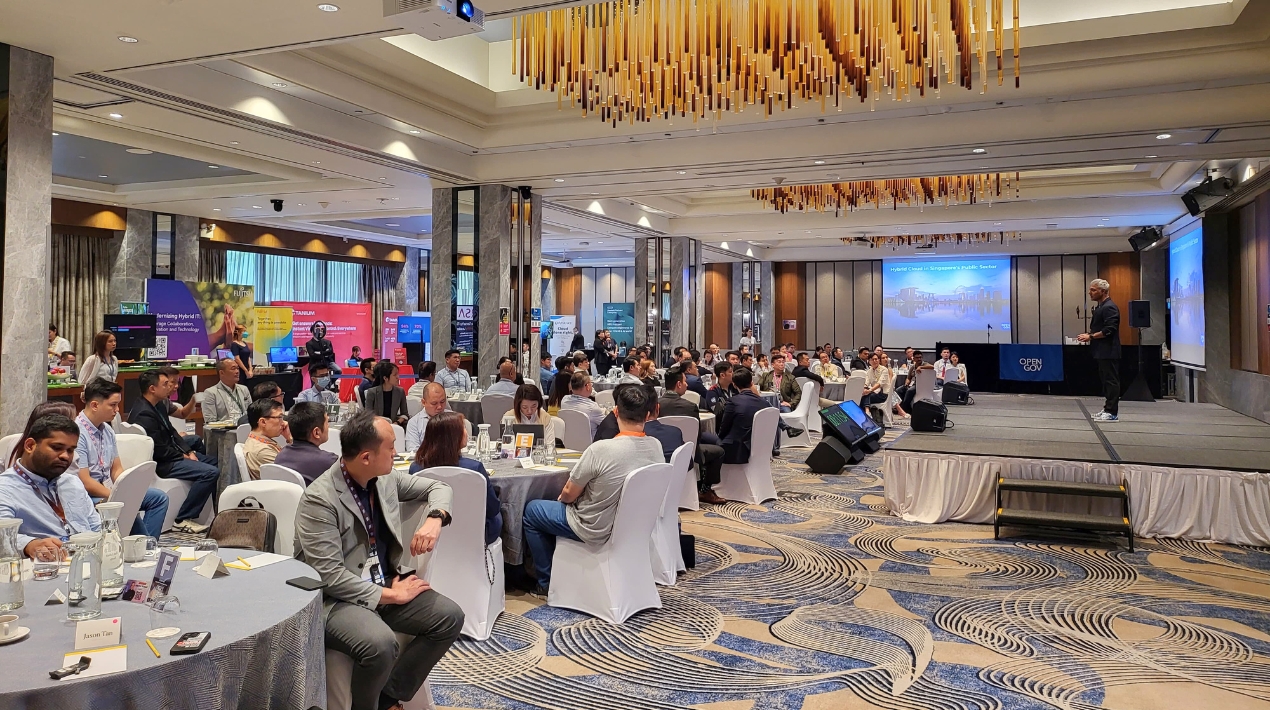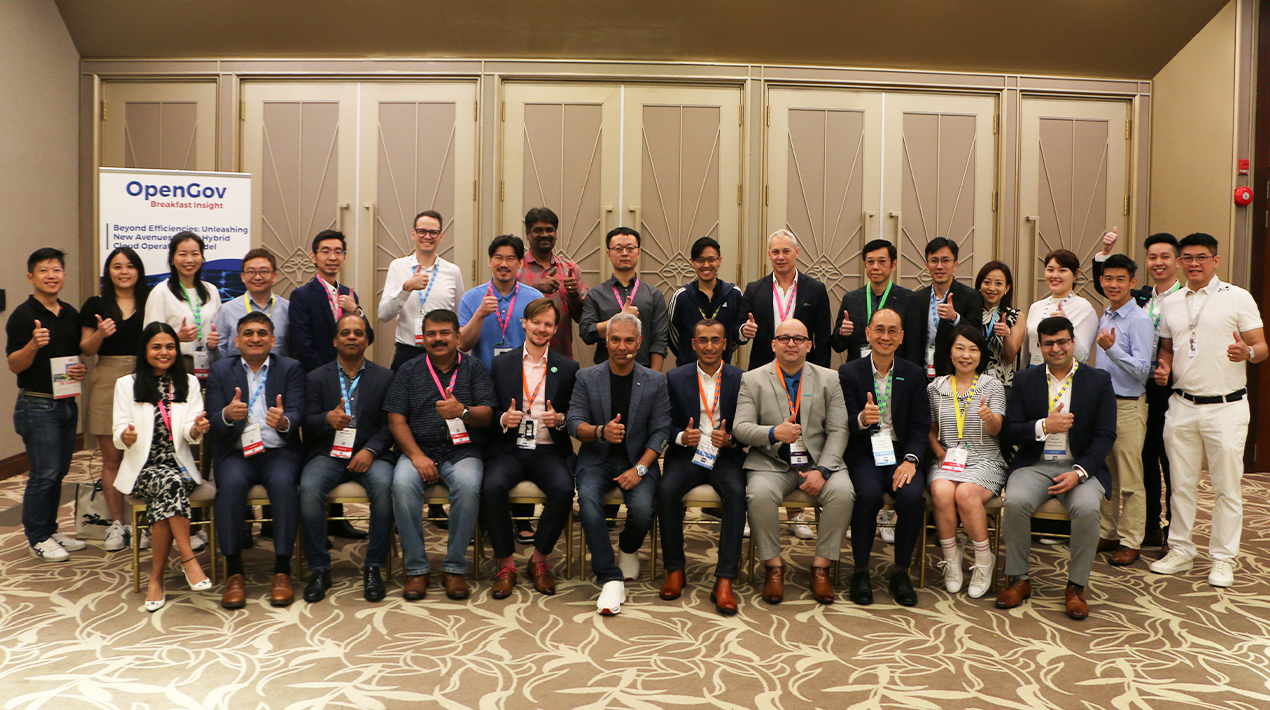
Western Union’s business
model has changed over the years. From connecting customers through communications
with its telegraph system in the mid-1800s, today it connects people
financially through cross-border, consumer-to-consumer money transfers, bill
payments, and other financial services. But through it all, customer-centricity
and connecting people has always remained at the core.
Based on the company’s 2016 Annual
Report highlights, Western Union completes
31 transactions per second on average and transfers around USD
$80 billion annually in
consumer-to-consumer transactions.
But operationally supporting these
transactions is not enough. The massive volume of transactions generates an
equally enormous amount of transactional information, including data about both
senders and receivers. This data contains insights which can help the company create
products and services that are relevant to customers and help differentiate
Western Union in a competitive marketplace. These insights can help the company
simplify transactions from different channels and devices, protect transactions
and provide better understanding of each customer.
Evaluation
criteria
The company identified two key areas that
would benefit from a solution that could bring together structured and
unstructured data stores.
The first was customer experience. Based on
user behaviour data, click stream information and mobile usage patterns, the
company could drive a better, more personalised experience for senders as well
as receivers.
The second area was security, risk, and compliance.
By ingesting, processing, and applying analytic capabilities on
multi-structured data streaming from mobile, web, and retail sources, Western Union
could minimise risk and enhance anti-money laundering (AML) compliance at
scale.
To accomplish these objectives, the team
would need to revamp their engineering stack. Data would be the foundational
pillar, on top of which they could apply insights.
For evaluating different technologies, the
team identified several criteria. The first was performance and agility to
handle structured, unstructured, and semi-structured information. Secondly the
system should demonstrate rapid time to value and ability to make meaningful
impact. The technology’s customisation capabilities should be able to support a
global enterprise. Finally, management capabilities including data segregation,
auditing, and monitoring and long-term cost efficiencies at large scale were
factored in.
Western Union looked at several vendors and
Cloudera had the highest aggregate
across the above-mentioned criteria.
Deployment
For an implementation of its size, Western
Union anticipated to complete the project in a year. Exceeding expectations, the
first production-ready Cloudera system was set up within just five months.
Western Union’s enterprise data hub (EDH) was
powered by a 64-node CDH
cluster that was soon expected to grow to 100 nodes (case study is dated June
2014).
The hub feeds in structured data from
multiple data warehouses as well as unstructured data including click streams,
behavioral data, logs, and sentiment data collected by tools such as
transactional, marketing, and other outreach systems.
A combination of Apache Flume, Apache
Sqoop, and Informatica Big Data Edition (BDE) was used to collect data from the
various sources. High-density Cisco Unified Computing System (UCS) servers
formed the backbone of Western Union’s EDH.
The team was also building a transactional
capability on top of the 100-terabyte (TB) hosted data set to provide rapid
response times to critical systems servicing our customers cross-channel – from
the web, mobile, even from retail agent locations.
The company’s 100 internal end
users—including members of the business and engineering communities as well as
data scientists—access the data in their EDH via Hue,
offering a web interface for Hadoop, and Apache
Hive, which offers a SQL-like interface.
Cloudera provided rigorous training for Western
Union’s engineers, and hosted multiple training classes for about forty of
internal end users, which accelerated adoption.
Business users also have access to several
visualisation tools that integrate with the Hadoop cluster, offering an
interactive, 360-degree view of the business against important trends and
timelines, across its digital offerings.
Western Union’s data is secured and segregated
with Apache Sentry (incubating) and Kerberos, and is monitored by Cloudera
Navigator. This is of critical importance as Western Union is the custodian of
its customers’ financial information. It was essential to ensure compliance and
proper monitoring and auditing.
Impact
Responding to customer needs
The Cloudera enterprise data hub serves as
a single repository to help Western Union understand its customers. It provides
important insights from initial touch point and qualification and compliance
checks, through the entire customer lifecycle, starting from the moment they
come into one of Western Union’s networks—retail, web, or mobile. It allows customers
to have a more seamless experience across multiple channels, to use products
and services, and discover new ones.
This allows the company to deliver push
relevant and meaningful offers. For example, in San Francisco, Western Union
delivers targeted offers that are tailored to the Chinese culture at its
Chinatown retail agent locations, messages tailored to Filipinos in Daly City,
and to the Mexican community in the Mission District.
One insight revealed that many web and
mobile customers frequently process repeat transactions. They send the same
amount of money to the same recipient at the same time each month.
This then prompted Western Union to add a
“Send Again” button to make the process of repeating payments much more
convenient for the customer.
Improved
risk management and compliance
The EDH delivered immediate value to
Western Union by supporting predictive analysis on structured and unstructured
data sets, at the time of transaction.
Consequently, the company was able to
impact transactions in real-time and drive customer compliance in a way that
drove better conversions for customers.
For instance, Western Union’s data hub
revealed high transaction volumes between the US and one Asian community when
it’s early morning on Wall Street, because the tech-savvy senders understand
when new foreign exchange (FX) rates have just launched. This is just one
example of the many variables Western Union could now use to anticipate and
risk-decision its customers and their transactions.
Cost-efficiencies
In addition to the above benefits, implementing
the EDH has lowered Western Union’s total cost of ownership (TCO). Managing
these volumes of data in a standard data structure would have led to exponentially
escalating costs.
The savings from the EDH can be invested
towards new opportunities and new product innovation, as opposed trying to just
pay for heavy-duty storage and database costs.
All content from customer success
story on www.cloudera.com.





















